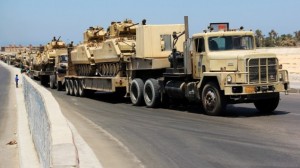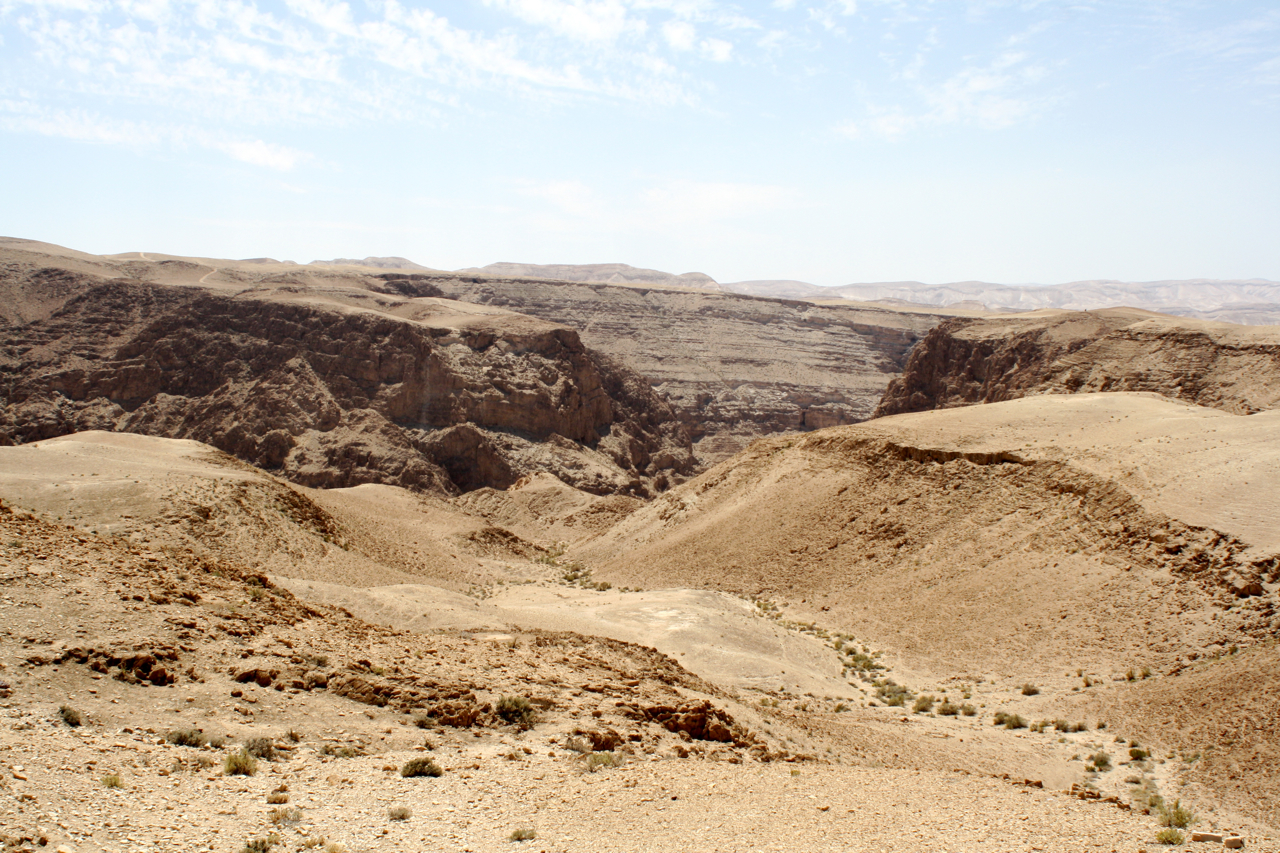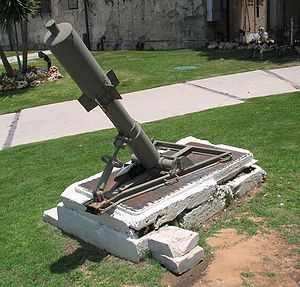
After the Six Day War in 1967, Israel found itself in control of the Sinai Peninsula. This was the third time the Israelis had taken over the Sinai Peninsula. In 1948, England and the world forced them to leave it. In 1956, the United Nations forced them to leave it. Now they were there again. The United Nations wanted them to leave but by this time Israel was deaf to their calls to evacuate.
Instead, Israel made a fateful decision not only to keep the Sinai but to colonize it. One reason was the discovery of oil there, especially off the Gulf of Suez. And Israel began building the infrastructure to drill for it: rigs, pipelines, etc. They developed it to such an extent that they became practically self-sufficient in oil from the Sinai alone.

The second reason was that the Sinai provided a tremendous military buffer between Israel and Egypt. They built large air bases and radar defenses in the Sinai. Later, they also built what became known as the Bar Lev Line, a line of fortifications on the eastern side of the Suez Canal. After investing $300 million in the Bar Lev Line, not to mention hundreds of millions more into the air bases, roads and other infrastructure in the Sinai, Israeli decided to build a model city in the Sinai: Yamit, situated at the end of the Gaza Strip. It was intended to show that the Sinai had the potential to support a large Israeli city and seaport.
However, again it was another example of a great commitment of money and human capital based on a policy that was unclear. Yamit would turn out to be a depressing chapter in the history of Israel rather than an inspiring one. In the Camp David agreements of 1978, Israel would return the Sinai in exchange for promises of peace. That would include giving the Egyptians the oil wells they had built and dismantling Yamit.
The abandonment of Yamit also extracted a great human toll. The Jews who had been lured by the government to settle there and develop it did not take kind to the demand that they leave behind their homes and the lives they had built. Scenes that tore at the heart of the country, of Jewish soldiers forcibly removing the Jews of Yamit, who resisted the evacuation, played on the television for all to see. The ordeal left an emotional scar on the nation, but in the end Yamit was given up for the sake of peace.
A similar evacuation took place in 2005 when Israeli soldiers forcibly removed thousands of Jews from their decades-old home in Gush Katif — not far from Yamit. Far far from creating peace, this unilateral withdrawal only gave terror groups like Hamas a foothold in the area from which to attack Israeli citizens.
To date, the Sinai-for-peace deal has held for more than three decades. Now, however, it too is threatened with a new Islamist government in Egypt – especially with the development of Israel reluctantly permitting Egypt to send in tanks and other military paraphernalia to quell terrorist activity in the Sinai. Will the peace hold or will Israel have to go back into the Sinai yet again? Time will tell.











